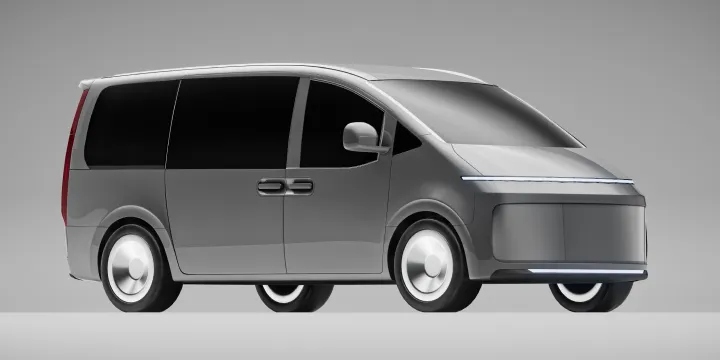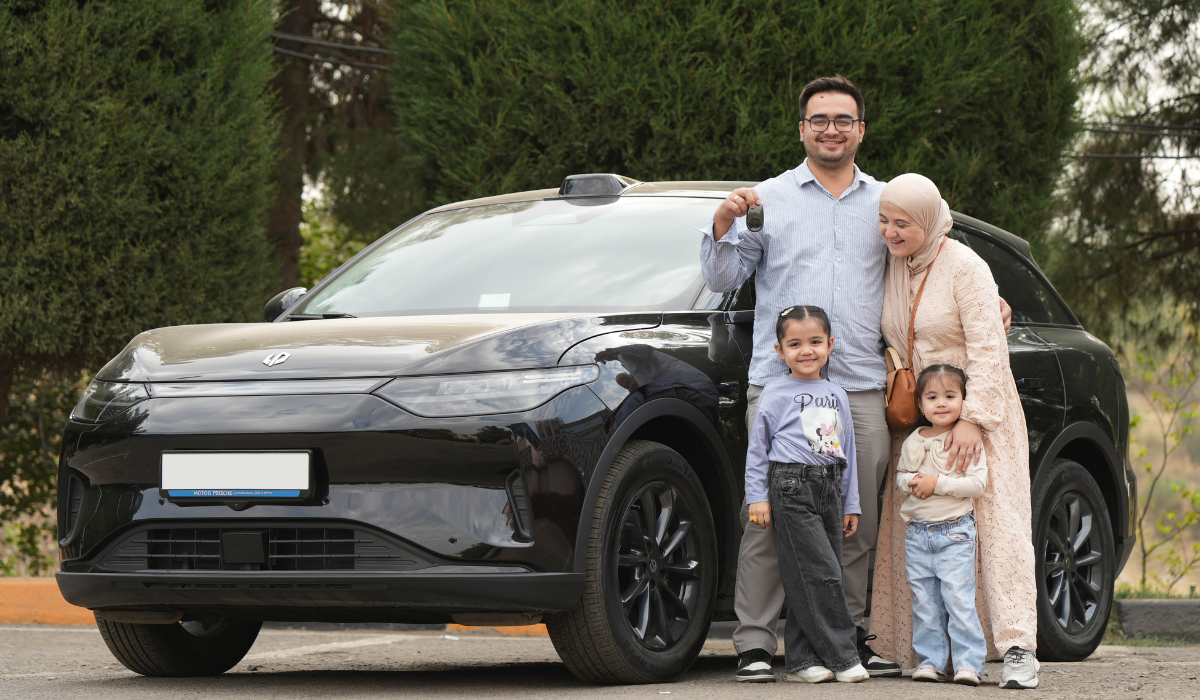Is It Legal to Sell a Car on Finance in the UK?
In short: No, you cannot legally sell a car that is still under finance, unless you settle the finance agreement first. That’s because the vehicle is not technically yours until the finance has been fully paid off. The finance company owns the car, not you.
But the process in which you do it is important, and can vary depending on the lender. For example, at Ayan, if, for whatever reason, you decided you wanted to exit the contract, you would have to sell the vehicle.
This doesn’t mean you just sell the vehicle without telling us because you don’t want to continue paying weekly payments. You are still required to let us know, be provided a settlement figure, and cover the difference between how much you sell the car for, and how much is left on your vehicle balance.
In general, trying to sell the car without settling the finance first is considered a breach of contract, and could be viewed as fraudulent behaviour. However, there are legal ways to sell a financed vehicle, the key is to follow the correct steps, which we’ll outline below.

Understanding Different Types of Car Finance
Before you can figure out if (or how) you can sell your car, it’s crucial to know what type of finance you're dealing with. Each one has slightly different rules and implications.
1. Hire Purchase (HP)
With Hire Purchase, you make fixed monthly payments and only own the car after the final instalment. During the term, the car remains the property of the finance company.
To sell an HP car, you need to ask your lender for a settlement figure, the amount you owe to clear the remaining balance. Once paid in full, ownership transfers to you and you’re free to sell the vehicle. The order of these steps are different depending on the finance company’s policy, so always check with your lender first.

2. Personal Contract Purchase (PCP)
PCP agreements work similarly but with lower monthly payments and a large balloon payment at the end (also known as the GFV - Guaranteed Future Value).
To sell a PCP car, you must pay off the settlement figure, including the balloon payment if applicable. Only then do you own the car outright and can legally sell it.
Alternatively, you can voluntarily terminate the PCP after paying 50% of the total amount, under Section 99 of the Consumer Credit Act, but this may come with wear-and-tear and/or mileage fees. If you haven’t paid 50% yet, you can still voluntarily terminate, but you would have to cover 50%, and then also cover the wear-and-tear and/or mileage fees.
You can read more about these agreements on our blog about the difference betweem HP and PCP.

3. Personal Loan (Bank Loan)
If you financed your car using a bank loan or personal loan, the car is yours from the beginning. That’s because the loan is unsecured against the vehicle, it’s a debt between you and your bank, not tied to the car.
In this case, you are free to sell the car whenever you wish, although you’ll still need to continue making your loan repayments regardless of the car’s fate.

How to Sell a Financed Car the Right Way
Selling a car on finance isn’t impossible, it just requires settling the agreement first. Here’s how to do it in most cases:
- Request a Settlement Figure: Contact your finance provider and ask for a settlement quote. Some lenders have a minimum amount of days they require to provide you with this figure, meaning you would have to continue paying should more of your payment dates fall under this time. Once given the figure, it’s usually valid for 10–28 days.
- Pay Off the Balance: You can use savings, borrow money elsewhere, or use the sale proceeds to clear the amount.
- Obtain Written Confirmation: Once paid, ensure you get a confirmation that the car is no longer under finance.
- Sell the Car: You’re now legally allowed to sell or part-exchange the vehicle.
Many dealerships can assist you with settling outstanding finance as part of a trade-in deal.

Can You Part Exchange a Car with Outstanding Finance?
Yes, many UK dealerships will allow you to part exchange a car with outstanding finance, especially if you’re purchasing another vehicle. Here’s how it typically works:
- The dealer will settle the remaining finance with the lender on your behalf.
- If the car is worth more than what you owe, the difference can be used as a deposit on your new car.
- If the car is worth less than the outstanding balance, you’ll need to pay the shortfall to complete the transaction.
This is often referred to as being in positive or negative equity.

What Happens If You Sell Without Informing the Lender?
Selling a financed car without disclosing the finance is a serious offence. Since the vehicle is technically owned by the lender, it’s considered a fraudulent sale.
Consequences can include:
- The buyer having no legal claim to the vehicle
- The car being repossessed
- Legal action against the seller
- Damage to your credit score and future borrowing ability
Always follow the proper legal channels to protect yourself and any potential buyer.

Conclusion
Selling a car on finance isn’t illegal, but it does require that the finance agreement is settled first. Whether you're in a PCP or HP deal, the key step is requesting your settlement figure, paying it off, and ensuring the lender transfers ownership to you.
If you're planning to upgrade your vehicle or need halal car finance for your next purchase, Ayan Capital can help guide you through a compliant and stress-free process, even if you still have finance left on your current car.








.svg)



.png)

.png)


.png)




